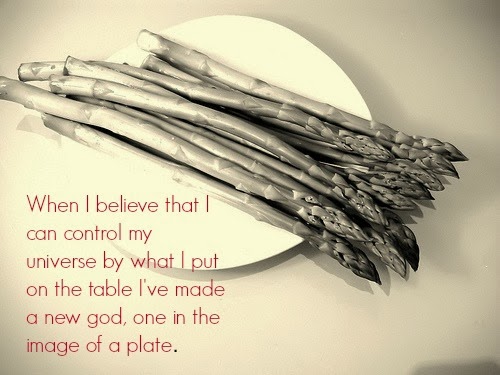A while back I posted an article on FB regarding Devion, the orphan who went to a church asking “someone, anyone” to adopt him. It left an imprint on my heart that a teenager would so bravely become vulnerable to so many strangers. I can’t imagine the hurt he feels for him to break through an I’m-alright-I-don’t-need-anyone facade.
Even worse, we begin to believe that we’re “doing something” to spread the word of the world’s evils by hitting the share button, when in fact we’re simply actively, rather than passively, ignoring the need. We’re looking the world’s challenges in the eye, nodding, and wishing them a nice day. “Someone should do something about that,” we say.
I belong in the choir loft on this one – I love sharing what I read. (Defense number one: I honestly share a very small proportion of what I read. I tend to read so much that I have to share a small proportion of it or I believe I’ll bust. I need to converse about these things). But while we jump hurdle #1 of awareness, we stand in front of the next one and gawk at it. Whew, I’m so tired from telling all my friends that I don’t have any energy to actually do something about it.
I, like many others, frequently wish to take action but feel so small and inadequate in dealing with the world’s problems. Sometimes the only thing I can think of doing is hitting the share button. Perhaps that’s okay, as long as I don’t let myself be fooled into thinking I’m making a huge difference until I put on my shoes. It’s not just the talking, but the walking, that will matter at the end of the day.
